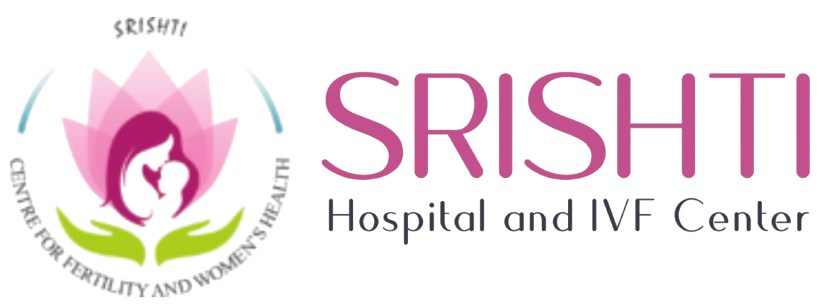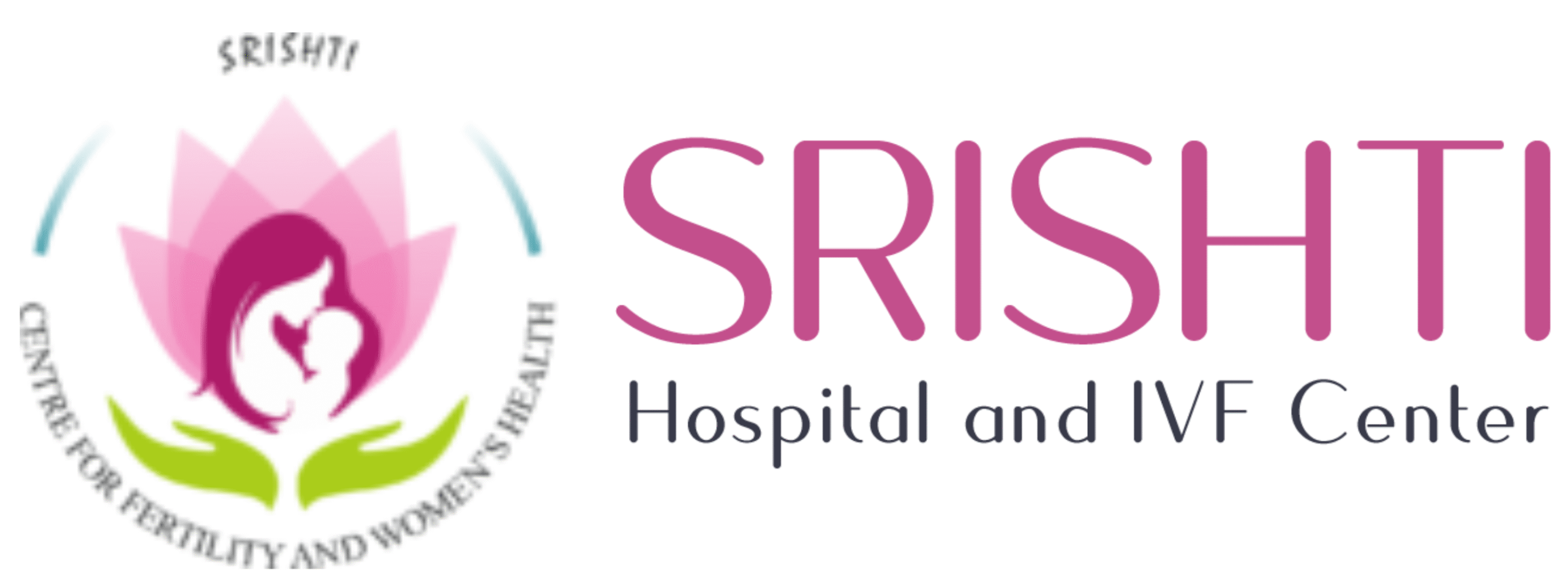Polycystic Ovarian Disease (PCOD) is a common hormonal disorder affecting millions of women worldwide. While there is no single cure, managing PCOD through diet and lifestyle modifications can significantly improve symptoms and overall well-being. If you are looking for effective PCOD diet tips, this guide will provide you with valuable insights to maintain hormonal balance, support fertility, and enhance overall health.
Understanding PCOD and Its Impact on Health
PCOD is a condition where the ovaries produce excessive amounts of androgens (male hormones), leading to symptoms such as irregular periods, weight gain, acne, excessive hair growth, and infertility. Many women struggling with PCOD also seek treatment at the best IVF centre in Jaipur to improve their chances of conception. However, a well-planned PCOD diet can be a game-changer in managing the symptoms naturally.
Essential PCOD Diet Tips for Better Health
1. Maintain a Balanced Diet
Consuming a diet abundant in natural, unprocessed foods aids in stabilizing insulin levels, minimizing inflammation, and promoting hormonal equilibrium. Consider incorporating:
- Whole grains: Quinoa, brown rice, whole wheat, and oats
- Healthy fats: Avocado, nuts, seeds, and olive oil
- Lean proteins: Chicken, fish, tofu, legumes
- Fruits and vegetables: Leafy greens, berries, citrus fruits, carrots
2. Control Your Carbohydrate Intake
Since insulin resistance is common in women with PCOD, it is essential to regulate carbohydrate consumption. Focus on complex carbohydrates like whole grains and avoid refined sugars and processed foods that can spike blood sugar levels.
3. Prioritize Protein-Rich Foods
Protein plays a vital role in stabilizing blood sugar levels and reducing cravings. Incorporate protein-rich foods like eggs, lentils, dairy, and lean meats into your daily meals.
4. Increase Fiber Intake
Fiber aids digestion, promotes gut health, and helps regulate hormones. High-fiber foods such as flaxseeds, chia seeds, broccoli, and legumes can be beneficial for women dealing with PCOD.
5. Stay Hydrated
Drinking enough water throughout the day can help flush out toxins, regulate metabolism, and support hormonal balance. Herbal teas like green tea and spearmint tea are also known to be beneficial for PCOD.
6. Reduce Sugar and Processed Foods
Sugary and processed foods can worsen insulin resistance and lead to weight gain. Opt for natural sweeteners like honey or stevia and avoid sodas, packaged snacks, and artificial sweeteners.
7. Include Anti-Inflammatory Foods
Chronic inflammation is common in PCOD. Foods rich in antioxidants and omega-3 fatty acids can help reduce inflammation. Add turmeric, ginger, fatty fish (like salmon), and walnuts to your diet.
The Role of Exercise in PCOD Management
In addition to maintaining a healthy diet, engaging in regular physical activity plays a crucial role in managing PCOD. Activities like yoga, walking, and strength training help enhance insulin sensitivity, support weight management, and alleviate stress.
PCOD and Fertility: Seeking Medical Guidance
If you are trying to conceive and struggling with PCOD-related infertility, consulting a gynaecologist and obstetrician in Jaipur can provide personalized treatment options. Many women with PCOD opt for IVF treatments at the best IVF centre in Jaipur to enhance their chances of conception.
Engaging Sections: Quick Diet Tips for PCOD
Here are some quick and actionable PCOD diet tips:
✅ Start your day with a protein-rich breakfast.
✅ Snack on nuts and seeds instead of processed foods.
✅ Drink spearmint tea to help regulate androgens.
✅ Avoid skipping meals to keep blood sugar stable.
✅ Choose healthy fats like avocado and olive oil.
Conclusion
Managing PCOD through a well-balanced diet and healthy lifestyle choices can significantly improve symptoms and overall well-being. If you’re struggling with fertility issues, seeking advice from a gynaecologist and obstetrician in Jaipur or visiting the best IVF centre in Jaipur can provide additional support. By making mindful dietary choices and adopting a holistic approach, you can take control of your health and wellness.


